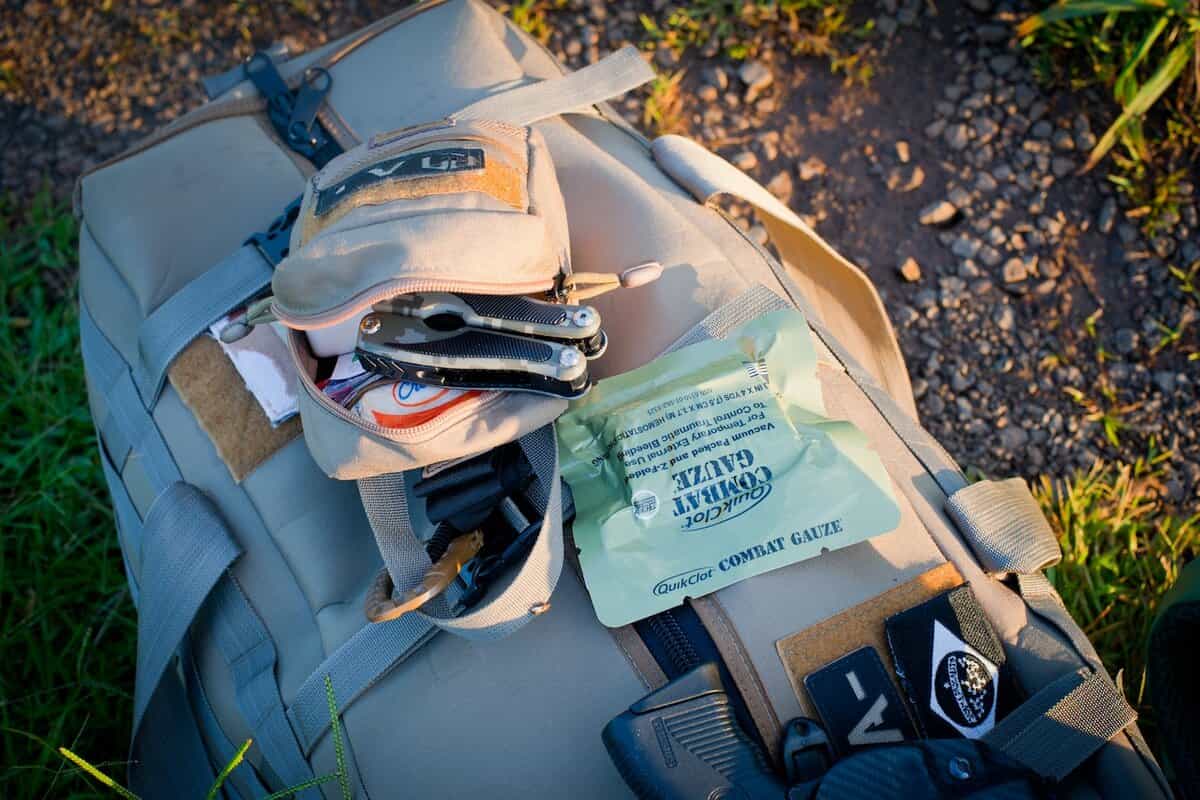
Mistakes are made by everyone. Extra supplies, harmful things, and other unnecessary items that either only give the appearance of inventory and create a false and dangerous sense of readiness or actively weaken the preparedness for a crisis are among the mistakes made even by experienced preppers and survivalists. In general, the worst mistake that can be made is not to prepare at all. But in fact, the most foolish and fatal mistake that can happen is to overestimate your skills and underestimate the enemy, whether it be a person, an animal, cold, heat, or any other natural factor. We believe it is crucial to consider some of the preppers’ mistakes.
Inadequate knowledge
You don’t learn survival skills on the fly. As a rule, people train with increasing technical complexity in the usual stable conditions and for a certain time. For example, starting a fire with friction or something like that is a difficult task, even if you have a full stomach and a clear head, and you are not tired. In a crisis, it will be ten times more difficult to learn this. This doesn’t mean it’s impossible to follow the instructions in a well-defined survival guide for one of these crisis scenarios, but you most likely won’t have the energy and mental resilience to do so.
Your survival skills need to be fine-tuned in advance! Leave nothing to chance, and practice all your survival skills.
Being overly at ease
We are surrounded by comfort, and isn’t that what we all yearn for? For example, our dependence on banks, which house our money, could bring huge problems in our lives. Even though it is difficult, you must leave your comfort zone. Every day, after getting up, you must work just as hard to ensure that your green space is thriving. You will face fresh difficulties every day, forcing you to forego the ease of your living room to advance. So stand up and act. Don’t wait till tomorrow to do what is possible to be done today.
I will adapt to the wild environment
Most people in the developed world are simply not created to live in the wild. Furthermore, they never leave the comfort of their homes. As a last resort, they travel the world, spending their time in a hotel, even more rarely in a traveler’s hostel.
Even fewer people will go camping with a motorhome or caravan. Even fewer people will take part in what is now known as eco-tourism or actual camping in Nature. Almost no one, except for a tiny part of the population who are interested in survival as a hobby, decides to spend the night in a shelter made exclusively from natural materials.
You may be one of those who harbor the illusion that you can rise to the challenge and endure the wilderness when you are forced to do so. But the reality is that your “home” body is not adapted to the stresses of wild nature! For most of the population, the survival challenge is how to prolong their lives long enough to be rescued.
The best advice in this aspect is to constantly challenge yourself to get out of your comfort zone and learn from it. Therefore, when this suddenly happens to you involuntarily, you will be able to quickly adapt to many things. When crises catch you unprepared at all, the results are worse.
All I need is a gun – a false sense of security
The nature of armed confrontation is so multidimensional that it is foolish to think that you will survive in it without any combat experience.
The best thing you can do in most cases is to avoid the fight at all costs. Even the most experienced sports veterans can be caught off guard in the first fight. Not to mention fighting over and over again, which will be the reality in a situation where the justice system is not functioning.
Of course, no one refutes the necessity and usefulness of having weapons in a critical situation. It is important not to treat its presence as a panacea for all problems. The most valuable “acquisitions” that allow you to survive are:
– preparedness, both psychological and physical, and material
– communication and integration into teams. An organized group of even two people is a greater strength than a loner.
Getting rid of delusions
It can be simple to lose track of the greater picture and the reasons you are doing something when you begin organizing and prepping. The reality is that you won’t be the only one searching for resources.
The fact is that if you are forced to “get out of your comfort zone” and fight for your life, you most likely will not be the only one. There will be many like you, and everyone will need resources to survive! There will be competition for resources, which means there will be conflict. That’s why, if you’re faced with one of the exodus scenarios, you need to think two steps ahead.
Please don’t put it off. There will be no time for procrastination. Remember that the only thing limiting you is you. Avoid letting pessimism stand in the way of your objectives. Take into account the top preppers’ mistakes and stay safe!




